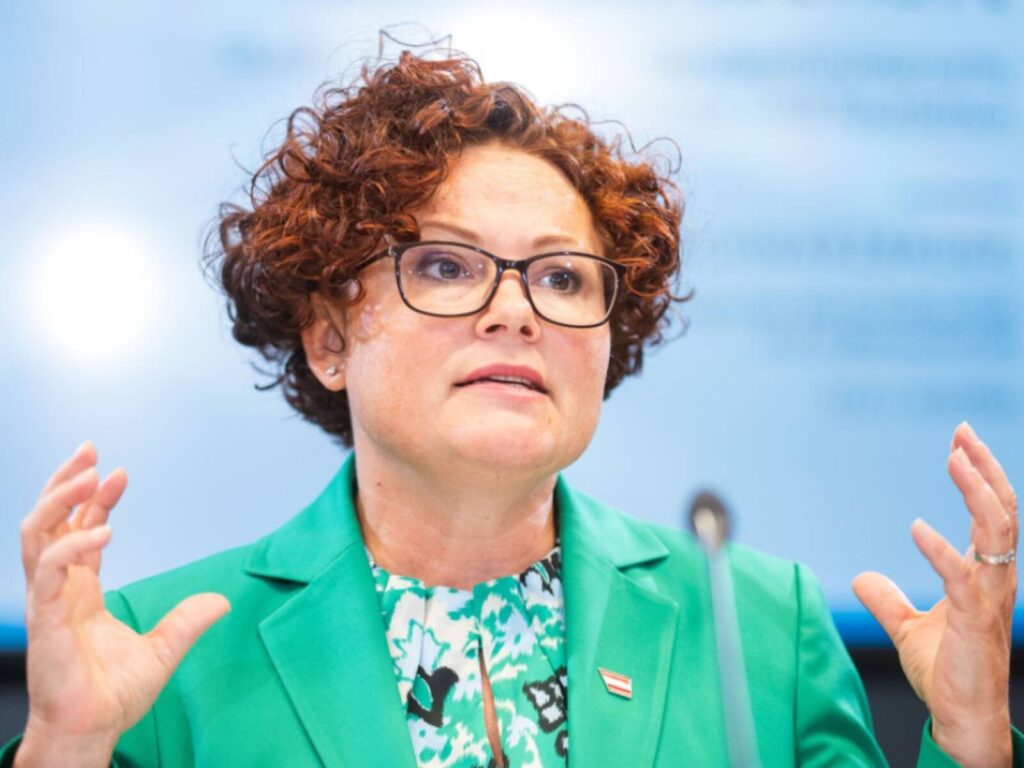
To strengthen the financing of innovative young companies and mobilize private capital, the ÖVP-SPÖ-NEOS government plans to create a fund-of-funds for start-ups. Secretary of State for Economic Affairs Elisabeth Zehetner (ÖVP) hopes that the framework for the fund, included in the coalition agreement, will be in place by the end of the year. A study commissioned by the ministry and presented Thursday outlined recommendations and highlighted the clear economic benefits of such a fund.
In Austria, the main problem is financing during the growth phase of new companies—when a product is already market-ready and the actual scaling of the business begins. The issue is not a lack of innovative start-ups, but rather that “missing capital is Austria’s Achilles’ heel,” said Zehetner. This is precisely where the planned fund-of-funds is meant to intervene. The state would act as an anchor investor and encourage private capital—including pension funds, banks, and insurers—to invest in start-ups.
Independent And International Management To Lead Fund
This public-private partnership model is the best option “when we look at both literature and practice,” explained Monika Köppl-Turyna, director of the industry-related EcoAustria Institute and author of the study, at the presentation in Vienna. The fund-of-funds should not invest directly in start-ups but rather in various European venture capital funds, which would in turn invest in young companies, she recommended. Moreover, an Austrian fund-of-funds requires an internationally recruited, independent management team—both to gain investors’ trust and to minimize state influence over investment decisions.
The proposed structure would also mean that investments would not be limited to Austrian start-ups. This is necessary to achieve required returns. Experience from other countries shows that about 60 percent of invested money still flows into domestic start-ups, even without legal quotas. According to one scenario in the study, €100 million in state funding could generate an additional €400 million in private investment and lead to domestic value creation of €1 billion in the long term.
Zehetner Aims For Fund Volume Of €300–500 Million
Zehetner hopes the government can decide by the end of the year how to put the fund’s management out to tender, which legal structure it should take (the study suggests a GmbH & Co KG), and how much public money will be contributed—either as direct investment or as guarantees. According to the secretary of state, a fund volume “between €300 million and €500 million” should be targeted.

